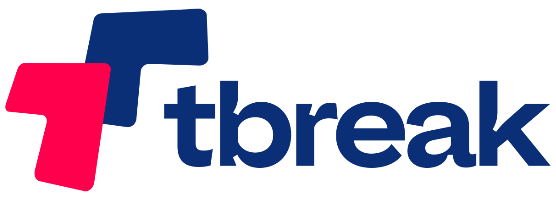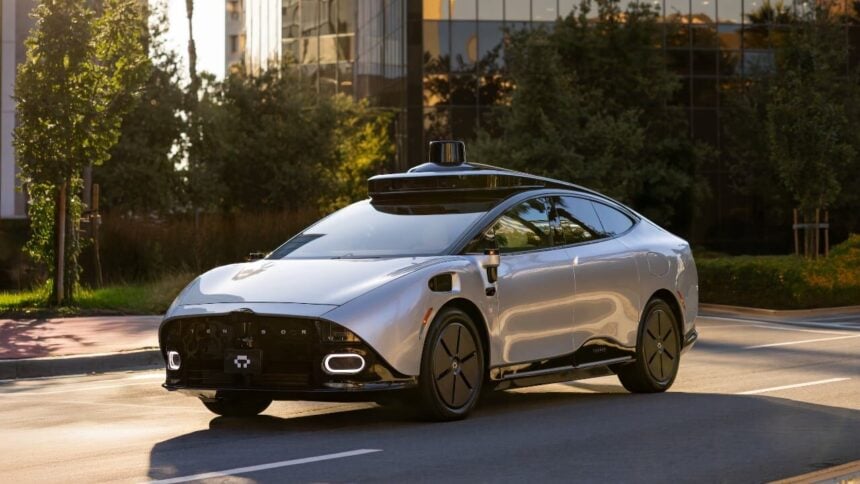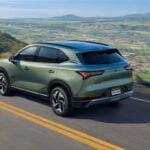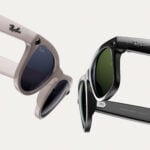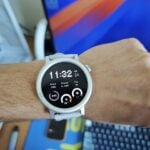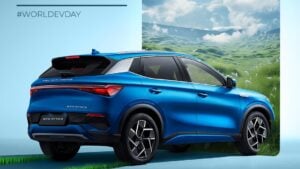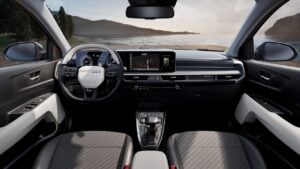Tensor says it will debut its Robocar at the Dubai World Congress for Self-Driving Transport 2025, calling it the first personally owned Level 4 autonomous vehicle. The car is designed for private ownership, featuring local data processing, full-stack redundancy, and the option to drive yourself or let the car handle it. Customer deliveries are expected to be targeted for the second half of 2026.
What Tensor is launching
Tensor positions the Robocar as a category-defining personal L4 vehicle rather than a fleet robotaxi.
- Personally owned, not a depot-based fleet unit
- Built natively for autonomy, not adapted from a regular EV
- Dual Mode: you can drive or be driven
- Local data processing with encrypted access controls
- Target deliveries: H2 2026 in select markets
The pitch is simple: a self-driving car you can own and keep at home, with a software and hardware stack engineered for autonomy from day one. This includes redundancy across power, communications, and control, as well as a privacy-first data model.
Sensor suite and compute
The hardware is heavy on perception, with a layout that aims for clean sightlines and resilience in UAE conditions.
- 100+ integrated sensors
- 37 cameras, 5 lidars, 11 radars
- Radar-transparent materials and unobstructed lidar views
- Low hood profile to reduce occlusion
- Onboard supercomputer quoted at 8,000 TOPS
The sensor list is paired with washer systems and protective covers to cope with dust and sand. The compute platform is paired with a Transformer-based foundation model that fuses multi-sensor input for perception, prediction and planning, and is trained on real and simulated data. The onboard compute leans on Nvidia hardware, a name familiar to UAE gamers thanks to GeForce and DLSS updates.
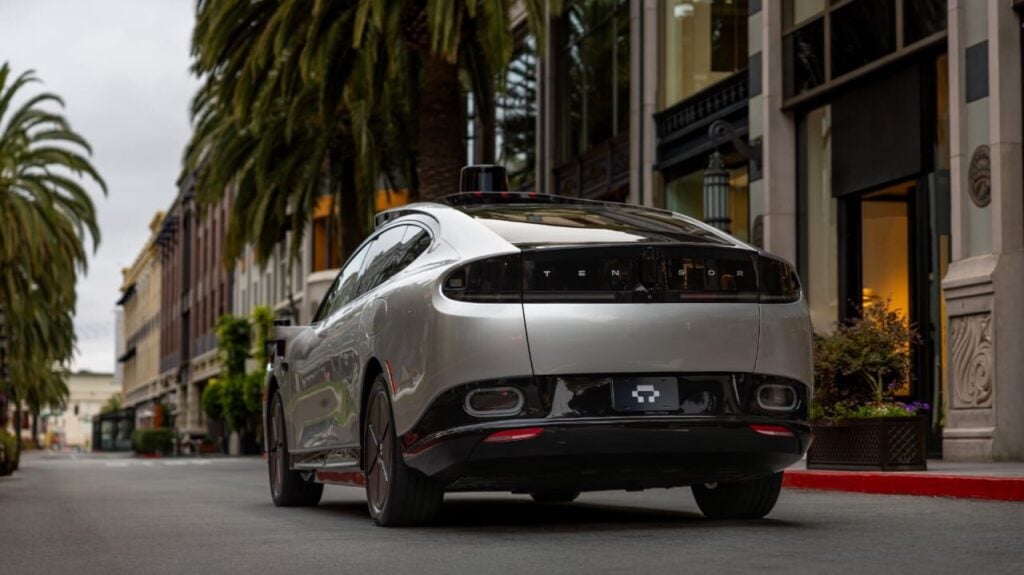
Software stack and reasoning
Tensor leans on an agentic AI stack with two tracks of decision-making.
- System 1: fast, reflexive responses for common driving tasks
- System 2: multimodal Visual Language Model for rare edge cases
- Operates in glare, dust, night, fog and heavy rain
- Continuous self-diagnosis and readiness checks
The company describes a driver model that mirrors human cognition, backed by simulation and data logged locally. The car is designed to park and charge itself and stay operational even when stored without a network signal, a nod to private garages across the UAE.
Safety and compliance
The Robocar is pitched as SAE Level 4 with a safety-first architecture.
- Redundancy across sensors, compute, comms, drive-by-wire, power and thermal systems
- Aiming to meet global frameworks: FMVSS, UN/ECE, and GSO with MOIAT conformity
- Target ratings: IIHS Top Safety Pick+, Euro NCAP and US NCAP 5-Star
These are stated targets and design intents, not confirmed certifications yet. The message is that the vehicle architecture is fail-operational and avoids single points of failure.
Privacy model and ownership
The data posture is pitched as “privacy by design.”
- Location, preferences and records processed and stored on-vehicle
- End-to-end encrypted access via app or onboard interface
- Physical privacy controls: camera covers and mic off-switches
- Framed as a way to avoid common connected-car data risks
For UAE buyers, on-car processing and hardware privacy switches speak to rising concerns about telemetry in modern vehicles. The personal-ownership angle sets it apart from robotaxi fleets.
Manufacturing and partnerships
Tensor lists a set of hardware and manufacturing partners and a path to market.
- Nvidia for onboard compute
- Sony for automotive-grade cameras
- VinFast for advanced manufacturing
- Oracle for the cloud
- Marsh for what Tensor calls the first insurance policy for Robocars
The company says public showing is set for Dubai, with deliveries aimed for H2 2026. Pricing is not disclosed.
UAE context: what matters locally
If you live in the UAE, a few details stand out.
- Heat, dust and glare resilience is core to the spec sheet
- Intelligent sensor cleaning and protective covers are built in
- Autonomous parking and charging suit villas and basement car parks
- Delivery timing aligns with Dubai’s ongoing autonomous mobility plans
While we’ll need to see certification, mapping and operational design domain details for the UAE, the feature list directly addresses local climate and infrastructure realities. It also fits into the wider national strategy, as seen in partnerships like the UAE teaming up with Quantinuum on quantum algorithms.
Is Tensor’s Robocar a Level 4 vehicle I can buy and own?
Tensor positions it as a personally owned Level 4 autonomous vehicle with Dual Mode driving. Deliveries are targeted for H2 2026, pending certification and market rollout.
How is my data handled?
Tensor says all data is processed and stored locally on the vehicle with encrypted access. Physical camera covers and mic switches are included.
What sensors and compute are inside?
Over 100 sensors, including 37 cameras, 5 lidars and 11 radars, plus an onboard supercomputer quoted at 8,000 TOPS. Washer systems and covers aim to keep sensors clean in UAE conditions.

